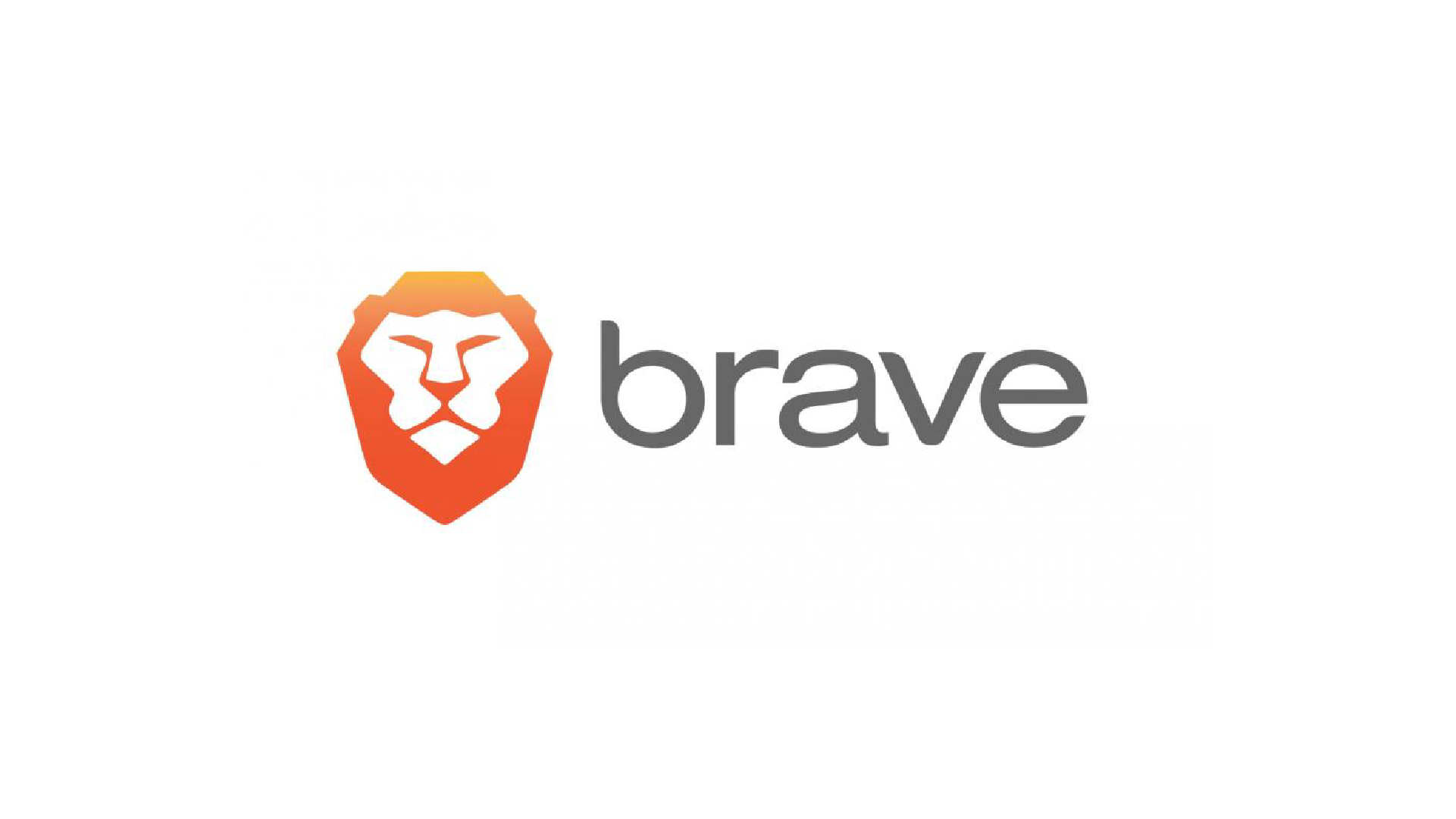The makers of anti-tracking web browser Brave have become the latest to speak out against Google’s proposed alternative to third-party cookies. Google has pitched Federated Learning of Cohorts. Until yesterday I was totally happy with the extension. However, someone and MetaMask decided that the empowr platform is a phishing website. From my 3 years experience in empowr I dare to say that empowr is not a phishing website and should not be treated like one.
Google Brave New World
In an effort to phase out third-party cookies, Google has been advancing the rollout of FLoC for placing targeted ads on websites. This week, though, the Chromium-based and privacy-focused browsers Brave and Vivaldi have announced that they won’t be adopting FLoC.

What is FLoC? The Federated Learning of Cohorts API is designed to group large numbers of people with “similar browsing patterns” together under similar IDs, leaving your browsing history on-machine and only sharing your “cohort ID” as Google has explained. Google started testing FLoC in Chrome 89 to a limited number of Chrome users.
The move has been controversial, to say the least. In blog posts, Brave and Vivaldi explain that they’ve disabled FLoC in all updates to their Chromium-based browser updates. Why? Brave says that “the worst aspect of FLoC is that it materially harms user privacy” by sharing details about your browsing information with websites and advertisers that don’t have access to that data today. At least, that data isn’t shared by browsers such as Brave or Vivaldi, the former of which directly called Chrome “the most privacy-harming popular browser on the market.” Vivaldi further explains:
Game designing programs for mac. Now every website will get to see an ID that was generated from your behaviour on every other website. Websites that only have contextual ads, or no ads at all, still could get used in the calculation. This may change in future since the technology is currently experimental.

Google Brave New World
You might visit a website that relates to a highly personal subject that may or may not use FLoC ads, and now every other site that you visit gets told your FLoC ID, which shows that you have visited that specific kind of site. A totally different advertising company, but it shares the same information about the websites you visited.
Notably, DuckDuckGo has also announced plans to block FLoC.
Wherever you stand on FLoC, it seems likely the technology will be adopted by Google and, in turn, used by millions. Chrome still holds a strong lead over every other desktop browser, with only Microsoft’s new Edge browser seeing any major gains in the past few years. Edge, notably, has not taken a stance as far as the adopting of FLoC goes but also has not rolled out the tech.
More on Chrome:
FTC: We use income earning auto affiliate links.More.
Google uses cookies and data to:- Deliver and maintain services, like tracking outages and protecting against spam, fraud, and abuse
- Measure audience engagement and site statistics to understand how our services are used
Google Brave Browser
- Improve the quality of our services and develop new ones
- Deliver and measure the effectiveness of ads
- Show personalized content, depending on your settings
- Show personalized or generic ads, depending on your settings, on Google and across the web

Google Brave
Click “Customize” to review options, including controls to reject the use of cookies for personalization and information about browser-level controls to reject some or all cookies for other uses. You can also visit g.co/privacytools anytime.
